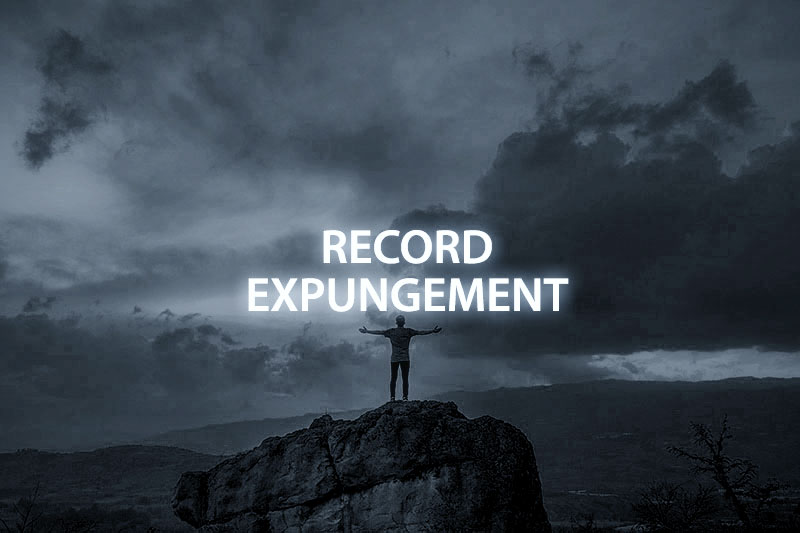Having a criminal record can impact several aspects of life, from job prospects to housing opportunities. Fortunately, California law offers a legal remedy to potentially clear or improve a person’s criminal record through a process called expungement. Expungement can dismiss a conviction under the eyes of California law, effectively offering a clean slate to those who qualify. This guide breaks down the expungement process into clear and manageable steps.
Step 1: Determine Your Eligibility
Before diving into paperwork and court dates, it’s imperative to determine if you are eligible for expungement. As discussed previously, factors like having completed probation, no current charges, and the particular type of offense will all play a role. Review the eligibility criteria thoroughly or consult with an attorney to assess your situation.
Step 2: Obtain Your Criminal Record
You’ll need a complete copy of your criminal record to identify all the information required for filing for expungement. This record can typically be obtained from the California Department of Justice or the court where your case was heard.
Step 3: Completing the Petition for Dismissal
If eligible, you must complete a Petition for Dismissal (form CR-180). This form is the official request to the court to review and dismiss your conviction. It will ask for specifics about your conviction and your probation. If you have multiple convictions on your record, you must file a separate petition for each one.
Step 4: File the Petition with the Court
Once you have completed the petition, file it with the clerk of the court where your conviction occurred. You may be required to pay a filing fee, though fee waivers are available for those who cannot afford it.
Step 5: The District Attorney’s Review
After filing your petition, the District Attorney’s office will review your expungement request. They have the right to object to your petition based on their assessment of your eligibility and your conduct since the conviction.
Step 6: Attend a Court Hearing (If Necessary)
Not all expungement petitions will require a court hearing. If a hearing is mandated, or the District Attorney objects to your petition, you must present your case before a judge. This is where having a lawyer can be particularly beneficial, as they can argue on your behalf and provide evidence of your rehabilitation.
Step 7: Receipt of the Judge’s Decision
If the court approves your petition, the judge will order your conviction to be dismissed. This means that, for most purposes, the conviction will be treated as if it never occurred, lifting many of the restrictions you may have faced.
Step 8: Follow up with Background Check Companies
Once your record is expunged, it is a prudent idea to contact various private background check companies to ensure they update their records accordingly. California law requires these companies to update their information, but the process isn’t automatic, and follow-up may be necessary.
Step 9: Understand the Effects of Expungement
Remember, expungement does not remove all consequences of a conviction. For example, the expunged conviction can still affect sentencing in future criminal cases, and you must disclose the conviction in applications for public office, public licenses, or contracting with the California State Lottery Commission.
Important Points to Remember
- Be thorough with paperwork and ensure all court orders and procedures are correctly followed.
- Remember, not everyone needs a lawyer, but consulting one can greatly increase the odds of success.
- Always stay on top of correspondence from the court and any scheduled hearings or deadlines.
Contact Attorney Caryn Warren for Help!
Expunging your criminal record in California can be a transformative process, but it requires careful attention to detail and diligence. By following this step-by-step guide, you can navigate the process with greater confidence and improve your chances of obtaining a dismissal. With an expunged record, a world of opportunity and personal freedom awaits.
Remember, laws and procedures can change, so it’s always a good idea to verify current requirements with the local court or a legal professional.
Personal Injury & Criminal Defense Services Available Throughout
Greater Sacramento, Yolo, Placer, and Solano Counties
Antelope, Arden-Arcade, Auburn, Benicia, Carmichael, Citrus Heights, Davis, Dixon, Elk Grove, Fairfield, Fair Oaks, Folsom, Galt, Gold River, Granite Bay, Iselton, Lincoln, Loomis, North Highlands, Orangevale, Rancho Cordova, Rio Linda, Rio Vista, Roseville, Rocklin, Sacramento, Suisun City, Vacaville, Vallejo, West Sacramento, Winters, Woodland

